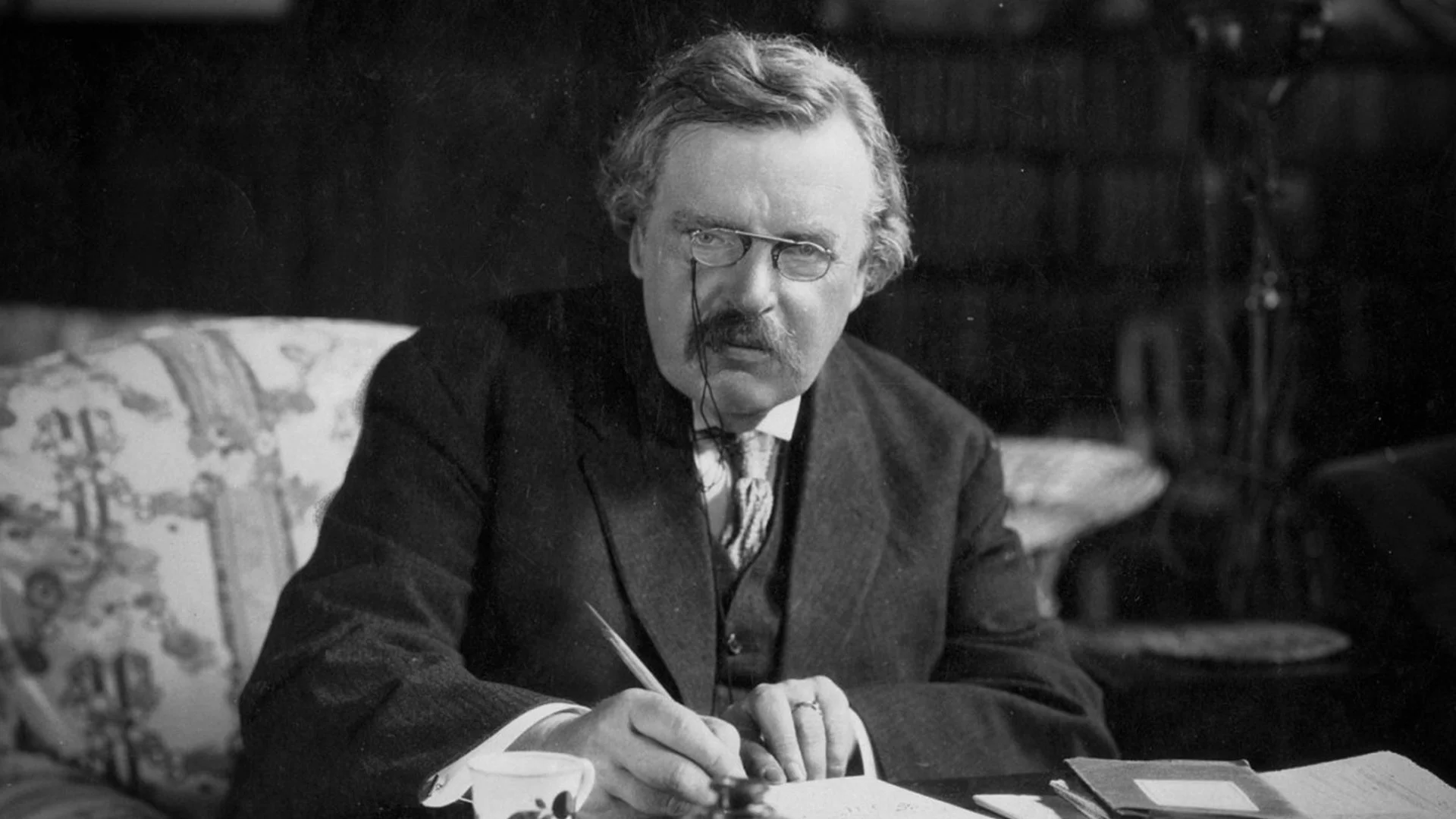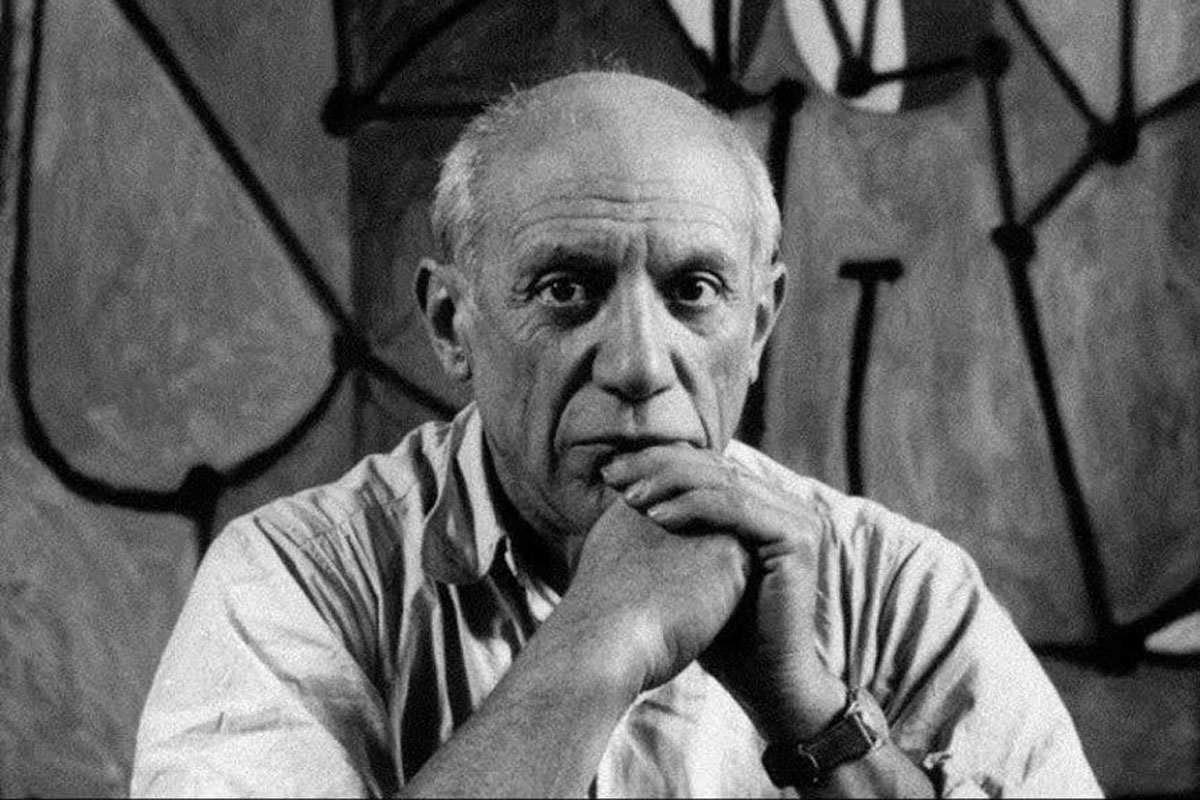This series of articles seeks to examine the character attributes of highly successful leaders, regardless of their adherence to a strong faith or moral standard. In presenting these thoughts, Leadership Ministries is not agreeing with or advocating these traits or practices, but rather presents these as ideas for discussion and development in your own leadership journey.
John F. Kennedy (1917 – 1963), often referred to by his initials JFK, was an American politician who served as the 35th President of the United States until his assassination at the end of his third year in office. He was the youngest person to be elected President and served during the height of the Cold War. High tensions with communist states led the US to the brink of nuclear war during his tenure.
During his time in office Kennedy was a controversial figure, but enjoyed tremendously high public approval ratings compared to other modern presidents.[1] During his term he averaged 70.1% approval, where the average between 1938 and 2012 is 54% approval. In fact, Kennedy is rated the top President in modern times by a wide margin.[2] In recent decades, credible reports of his many mistresses have cast his personal life in a far different light.[3] Kennedy led the US to an amazing period of optimism. In 1963, the year he was assassinated, 82% of Americans felt the country was headed in the right direction, and 68% said they were satisfied with the income. Kennedy held a 67-27% lead over Barry Goldwater leading up to his re-election.[4]
Kennedy’s national address and stance of civil rights was the single biggest hit to his popularity as President, impacting his approval primarily in Southern states. Photo: White House Archives
“Kennedy, even now, so embodies that era’s palpable sense of freshness and promise. The youngest man elected to the presidency, Kennedy smiles brightly in those photos from Dallas from before his fateful turn near the Texas School Book Depository. On the morning of November 22, 1963, Americans were upbeat about him and about the nation,” says Pew Research founder Andrew Kohut.
Communicate a bold vision. Kennedy restored public confidence and pride in the US space program. The Soviet Union was winning the “space race,” having launched the first cosmonaut into low-earth orbit. America was falling behind. Kennedy leapfrogged the Soviet technology advantage with a bold and risky vision—land men on the moon within the decade. It was a massive and ambitious goal that Kennedy backed up with remarkable financial commitments. Under JFK, NASA’s budget was boosted by 89% in one year, and then by another walloping 101% the following year.
Kennedy said in 1962, “I regard the decision to shift our efforts in space from low to high gear as among the most important decisions that will be made during my presidency.” Medical researchers, engineers, test pilots, machinists, factory workers, businessmen, and industrialists from across the country worked together to achieve this goal. On July 20, 1969, the Apollo 11 astronauts—Neil Armstrong, Michael Collins, and Edwin “Buzz” Aldrin Jr.—realized President Kennedy’s dream.
Follow moral convictions. JFK led the country during the height of the civil rights struggle. He fought for and signed the Equal Pay Act of 1963, which set the stage for the Civil Rights Act of 1964. To explain his conviction on the issue, he gave a nationally televised address on June 11, 1963. He said, “We are confronted primarily with a moral issue. It is as old as the Scriptures and it is as clear as the American Constitution. This nation, for all its hopes and all its boasts, will not be fully free until all of its citizens are free.”
JFK successfully framed the civil rights debate as a historic struggle for basic civil and human rights for all citizens under the Constitution. JFK also used his formidable communication skills to drive home this message in the new era of TV news—similar to how President Franklin D. Roosevelt leveraged radio to directly address Americans via his “Fireside Chats”. There is little doubt that race had become the issue at the end of the Kennedy administration. In September, 52% told Gallup that racial tensions were the most important problem facing the nation—and remember this is during the pinnacle of the Cold War.
Most Americans regard the Cuban Missile Crisis as the closest the US and Soviet Union came to nuclear conflict during the Cold War. Photo: New York Times Archives
Learn from failure. Cuba was a communist state just 90 miles off the coast of Florida and became a military threat during Kennedy’s term in office. In 1961, Kennedy, on the advice of his military commanders, threw support around an ill-fated invasion force of Cuban exiles in a bid to overthrow communist leader Fidel Castro. The initiative was known as the Bay of Pigs. Castro’s forces of over 20,000 military troops were waiting and killed many of the invading force, including some Americans. It was a devastating military and political defeat.
Kennedy said to Time Magazine several weeks after the debacle, “I want to know how all this could have happened. There were fifty or so of us, presumably the most experienced and smartest people we could get, to plan such an operation… But five minutes after it began to fall in, we all looked at each other and asked, ‘How could we have been so stupid?’… I guess you get walled off from reality when you want something to succeed too much.”[5]
After the Bay of Pigs, JFK acknowledged that he did not challenge the military leaders around him who were convinced the mission would work. He learned that leaders must aggressively challenge advice or recommendations regardless of the source and assume the potential for the worst-case scenario.
Kennedy was assassinated on Friday, November 22, 1963, at 12:30 p.m. CST in Dallas, Texas, while riding in a presidential motorcade through Dealey Plaza. Photo: White House Archives
Kennedy quickly learned his lesson and during the Cuban Missile Crisis, he more deftly handled the threat at hand. After many long and difficult meetings, Kennedy decided to place a naval blockade, or a ring of ships, around Cuba. But the leaders of both superpowers recognized the devastating possibility of a nuclear war and publicly agreed to a deal in which the Soviets would dismantle the weapon sites in exchange for a pledge from the United States not to invade Cuba. In language very different from his inaugural address, President Kennedy told Americans in June 1963, “For, in the final analysis, our most basic common link is that we all inhabit this small planet. We all breathe the same air. We all cherish our children’s future. And we are all mortal.”[6]
[1] https://today.yougov.com/topics/politics/articles-reports/2013/11/22/jfk-remembered-more-just-his-death
[2] https://news.gallup.com/poll/165902/americans-rate-jfk-top-modern-president.aspx
[3] https://www.csmonitor.com/USA/Politics/Decoder/2013/1121/Why-is-John-F.-Kennedy-still-so-popular
[4] https://www.pewresearch.org/fact-tank/2019/07/05/jfks-america/
[5] https://www.stand-deliver.com/columns/leadership/1324-leadership-lessons-from-jfk.html
[6] https://www.jfklibrary.org/learn/about-jfk/jfk-in-history/cuban-missile-crisis
Cover photo: White House Archives



































Frank Winfield Woolworth was an American entrepreneur, and founder of the F. W. Woolworth Company. He pioneered the retail variety stores which featured low-priced merchandise selling for 5 and 10 cents.